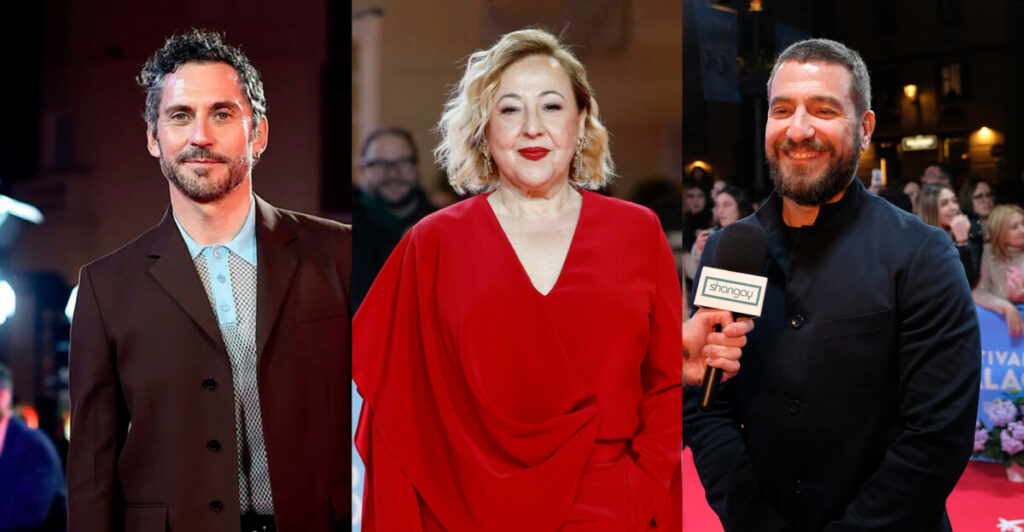The 2025 Málaga Film Festival proved one thing loud and clear: Spanish cinema is embracing a shift toward more inclusive, diverse storytelling. This year’s edition put LGBTQIA+ narratives and underrepresented realities front and center, with films like Mariliendre, Jone, a veces, Muy lejos, and the award-winning Sorda leading the way.
We hit the red carpet to hear from stars like Carmen Machi, Paco León, and Raúl Tejón about why telling these stories matters. “Life is diverse, and cinema should reflect that,” said Machi. León echoed this: “We’re living through a gender revolution—fiction needs to keep up.” Tejón didn’t mince words: “Cinema is still patriarchal and homophobic, but society is evolving—and so is film.”
A standout this year was Sorda, fresh from a Berlinale audience award. Directed by Eva Libertad, it follows a deaf woman navigating new motherhood. “The person behind the camera is no longer always a straight, white, middle-class man. We’re seeing new sensibilities emerge,” Libertad explained.
Cinema has always mirrored society. This year in Málaga, it finally held up a mirror to the beautiful complexity of who we really are.
This article was written with the support of Shangay Magazine as KET.brussels is part of the European LGBTQIA Media Association.*
You may also like
-

Laugh, Love, and Friendship: Atout Comedy Club Brings Queer Joy to Brussels
Forget Valentine’s Day clichés—this year, Brussels’ queer comedy scene is celebrating friendship instead of romance. On Friday, February
-

Motherland: A Chaotic Cabaret That Mirrors Belgium Itself
What if Belgium were a drag show?That’s the question at the heart of Mère Patrie, a
-

Adriano Selva: The Soulful Pop Dreamer Who Feels It All
In a world that often rewards detachment, Adriano Selva chooses to stand beautifully exposed. His
-

Splinters of Joy: Lylybeth Merle’s Eco‑Queer Fairy Tale of Transition and Healing
Lylybeth Merle’s new book Échardes (“Splinters”), out in February 2026, is a tender, defiant journey through gender,
-

Bad Bunny Makes Grammys History — and Turns the Stage Into a Political Movement
It was a night that rewrote the rules of pop culture — in Spanish. At

